Legendary historic battles that nobody won
Throughout history, several battles have ended without a decisive victor, leaving historians and enthusiasts alike puzzled. These encounters, often steeped in paradox, challenge the traditional notions of military success.
From Pyrrhic victories to tactical stalemates, these battles highlight the complexity and unpredictability of warfare. They serve as a testament to the human capacity for both resilience and folly, illustrating how victories can be as hollow as defeats are devastating.
The Battle of Bunker Hill: A Pyrrhic Prelude to Independence
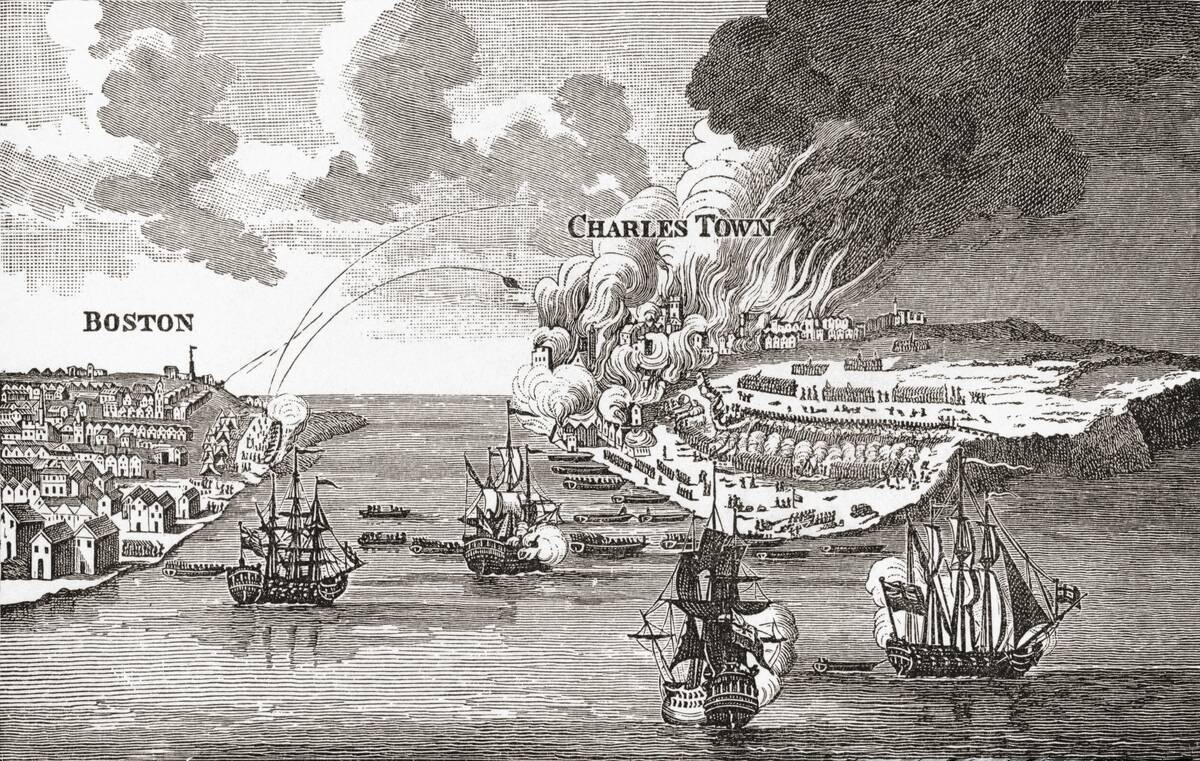
The Battle of Bunker Hill, fought on June 17, 1775, is a classic case of a Pyrrhic victory. The British forces, despite losing over 1,000 men, claimed the land at a staggering cost, while the American colonists gained a morale boost that fueled their fight for independence.
This battle demonstrated that determination and spirit could rival traditional military might, setting the stage for a long and arduous war for American independence.
The Stalemate of the Battle of Borodino: Napoleon’s Hollow Victory
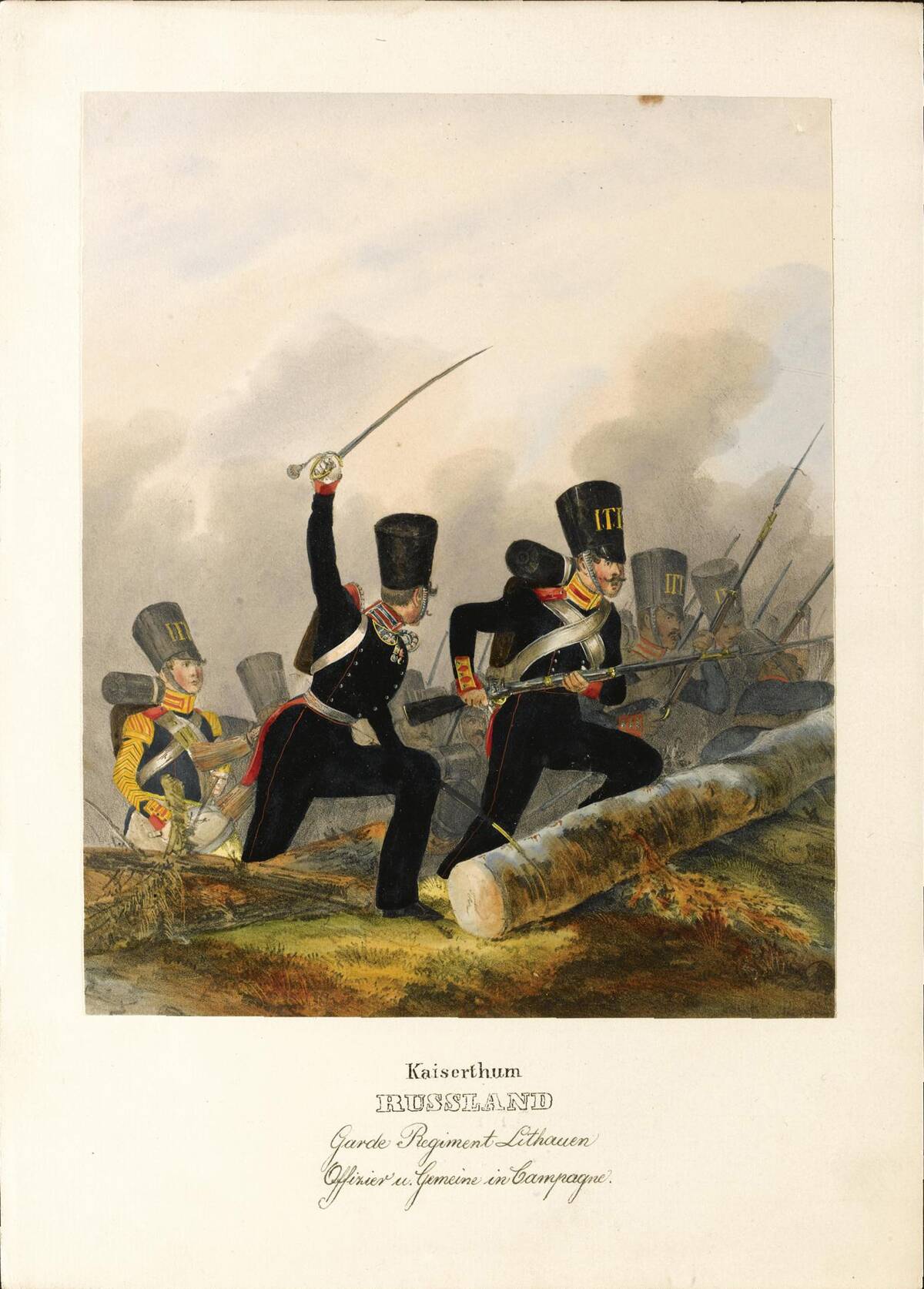
On September 7, 1812, the Battle of Borodino became one of the bloodiest single-day encounters of the Napoleonic Wars. Although Napoleon’s forces technically won, they gained little strategic advantage and suffered enormous casualties.
This battle marked the beginning of the French army’s decline, as the Russian scorched-earth policy and harsh winter later decimated Napoleon’s troops, highlighting a victory that ultimately led to a disastrous retreat.
The Battle of Antietam: Bloodiest Day with Conflicted Outcomes
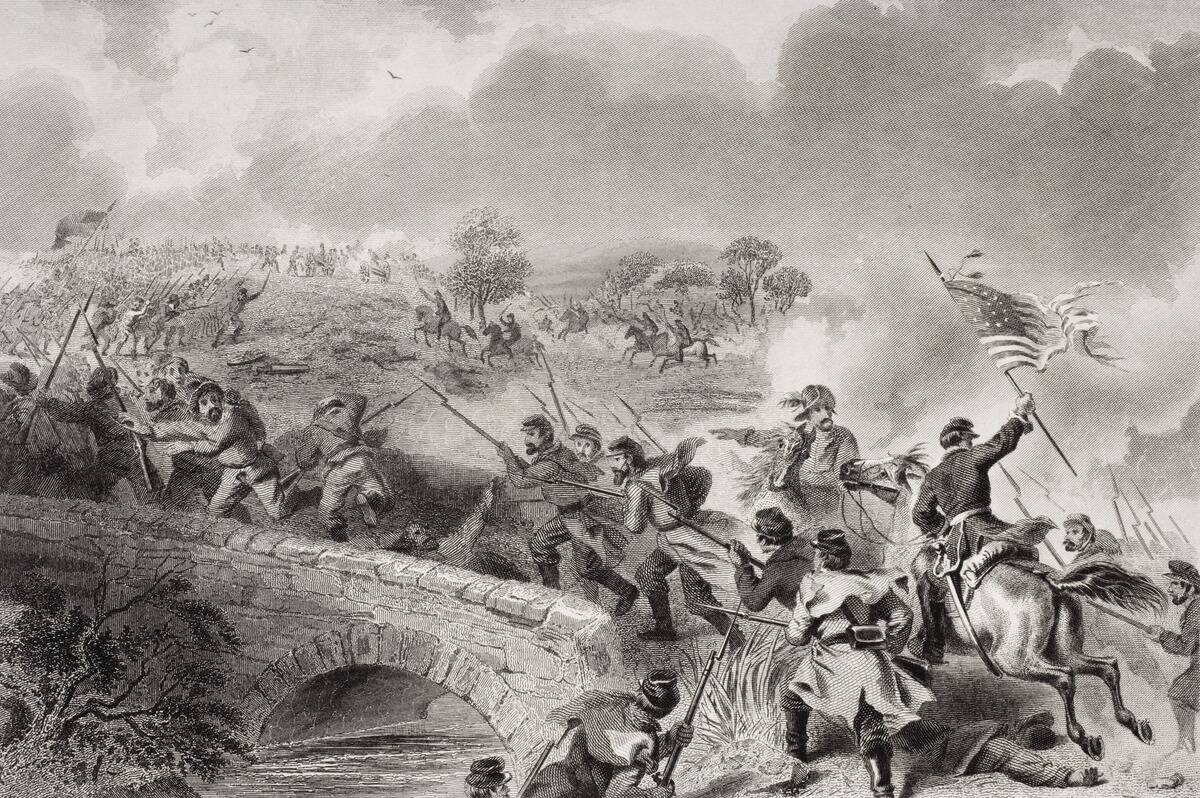
The Battle of Antietam, fought on September 17, 1862, remains the bloodiest single day in American military history. With over 22,000 casualties, neither the Union nor the Confederacy claimed a decisive victory.
However, the Union’s strategic position allowed President Lincoln to issue the Emancipation Proclamation shortly after, altering the course of the Civil War by redefining its moral and political stakes. It also halted the Confederate army’s initial strategy and cost them a greater percentage of their forces, even if the Union initially didn’t see much reason to celebrate and Lincoln relieved George B. McClellan from duty as a result of the outcome.
The Battle of the Somme: A Costly Impasse in the Trenches
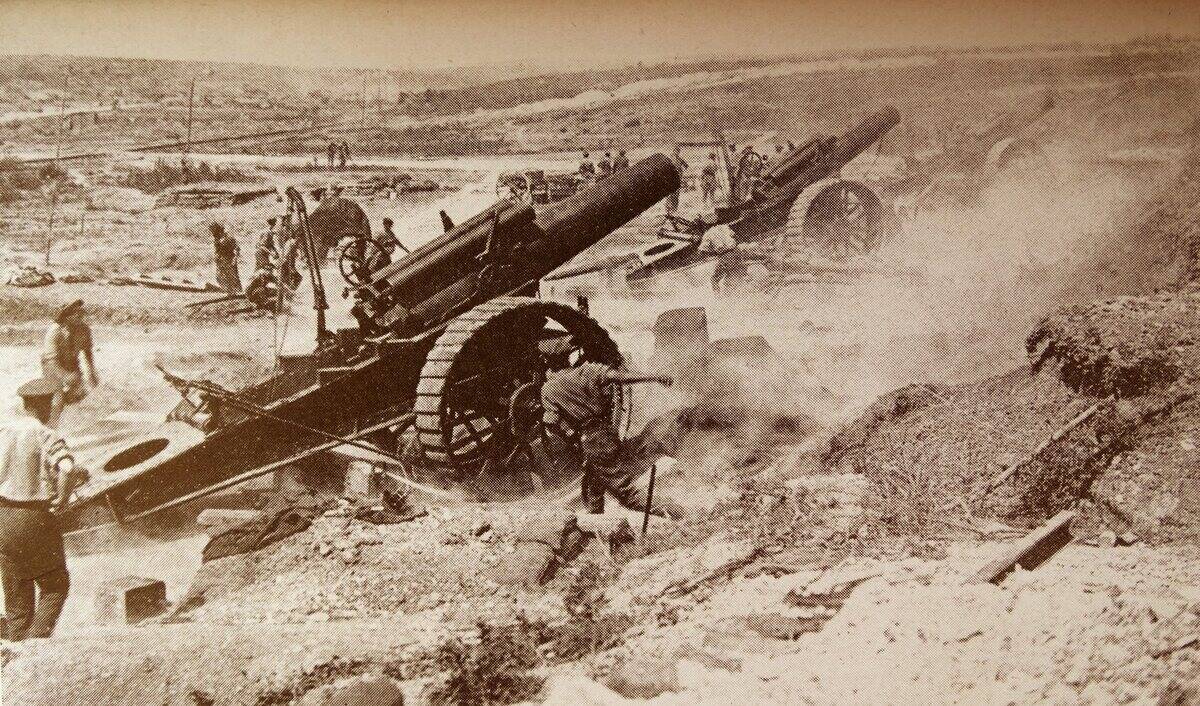
The Battle of the Somme, lasting from July to November 1916, epitomizes the deadlock of trench warfare. With over one million men wounded or killed, the Allies gained a mere few miles of territory.
The immense human cost and minimal territorial gains underscored the futility of World War I’s attritional strategies, shaping future military tactics and public perception of the war’s purpose and progress.
The Battle of Coral Sea: Tactical Losses, Strategic Gains
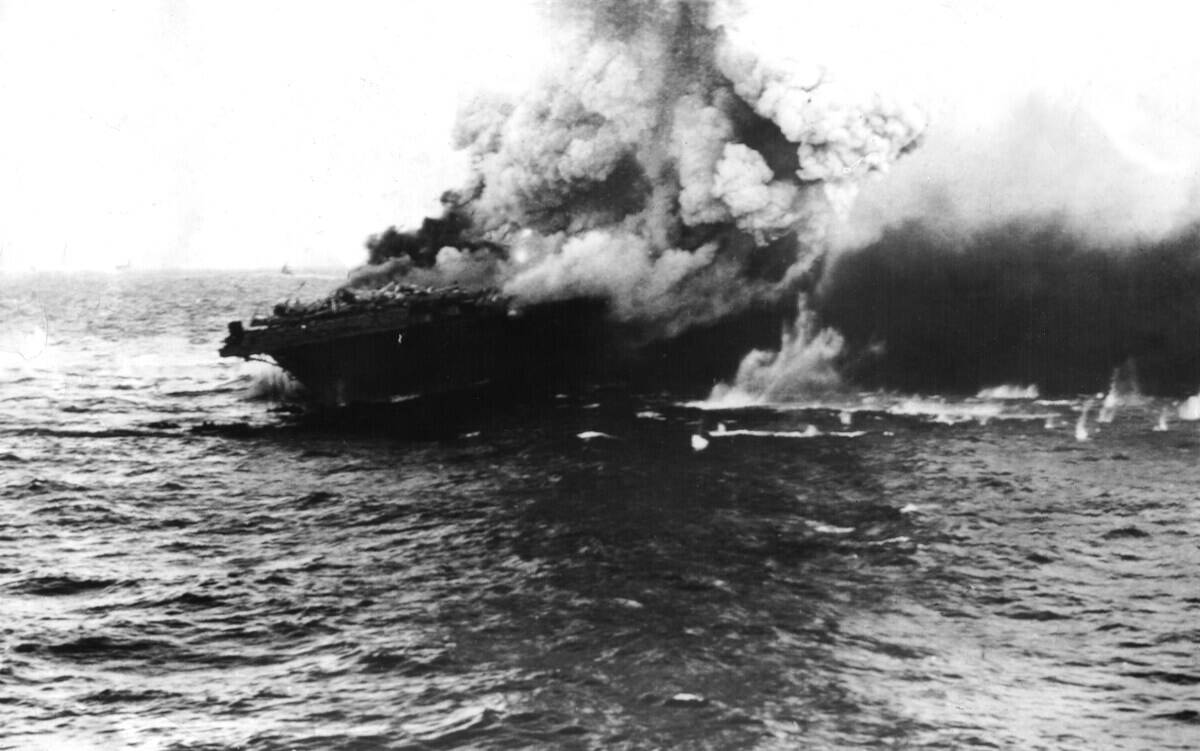
In May 1942, the Battle of Coral Sea became the first air-sea battle in history, where opposing ships never sighted each other. Although Japan claimed a tactical victory by sinking more ships, the strategic balance shifted to the Allies.
The battle halted Japanese expansion toward Australia and set the stage for the pivotal Battle of Midway, showcasing how strategic gains can outweigh immediate losses.
The Inconclusive Siege of Leningrad: Resilience Amidst Ruin
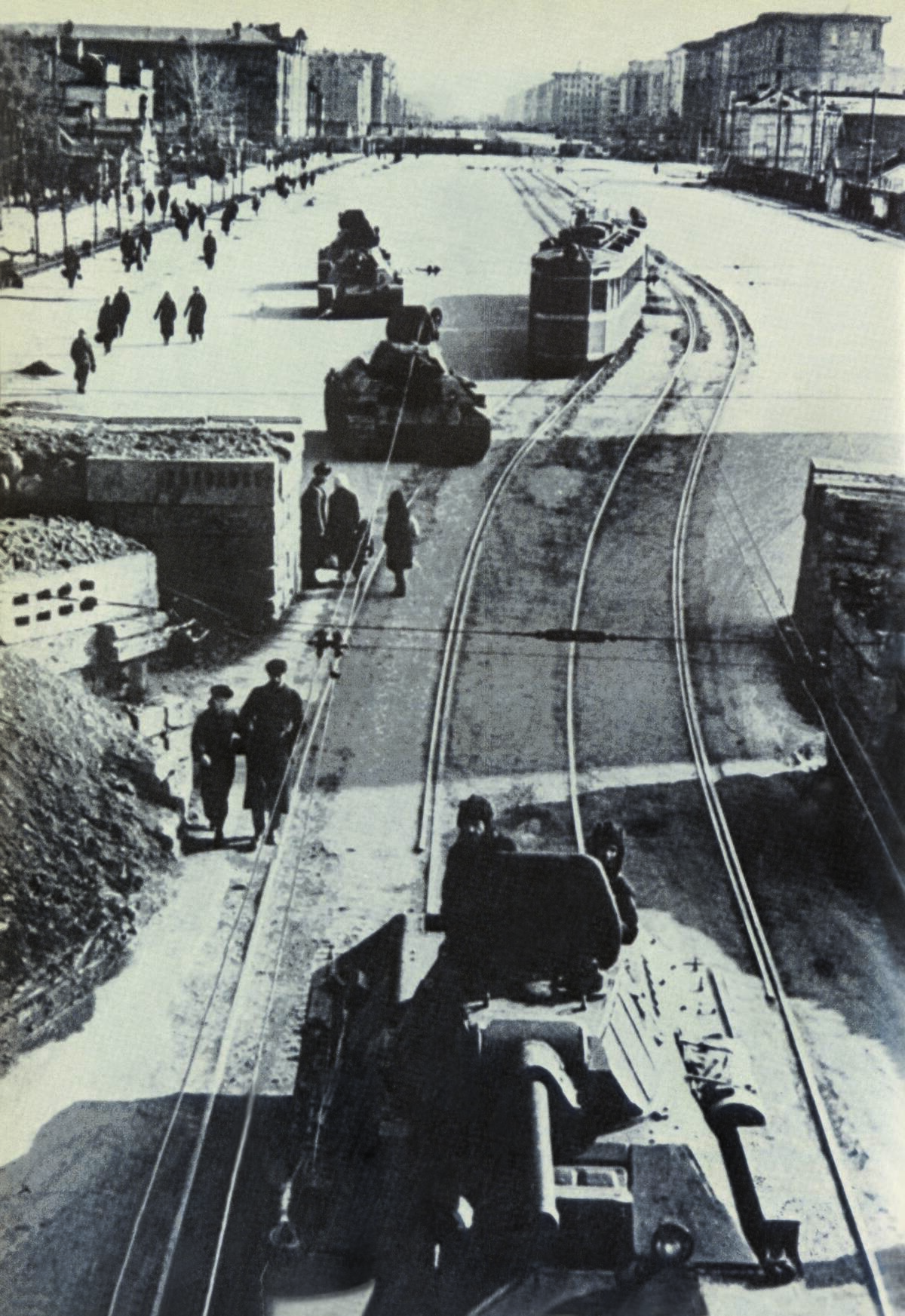
The Siege of Leningrad, lasting from 1941 to 1944, was one of the longest and most destructive sieges in history. Despite immense suffering and over a million civilian deaths, the Soviet city never surrendered to the Germans.
The siege exemplified the human capacity for endurance and resilience, as well as the horrors of prolonged warfare, with neither side achieving a decisive victory.
The Battle of Imjin River: Holding the Line with Heroism
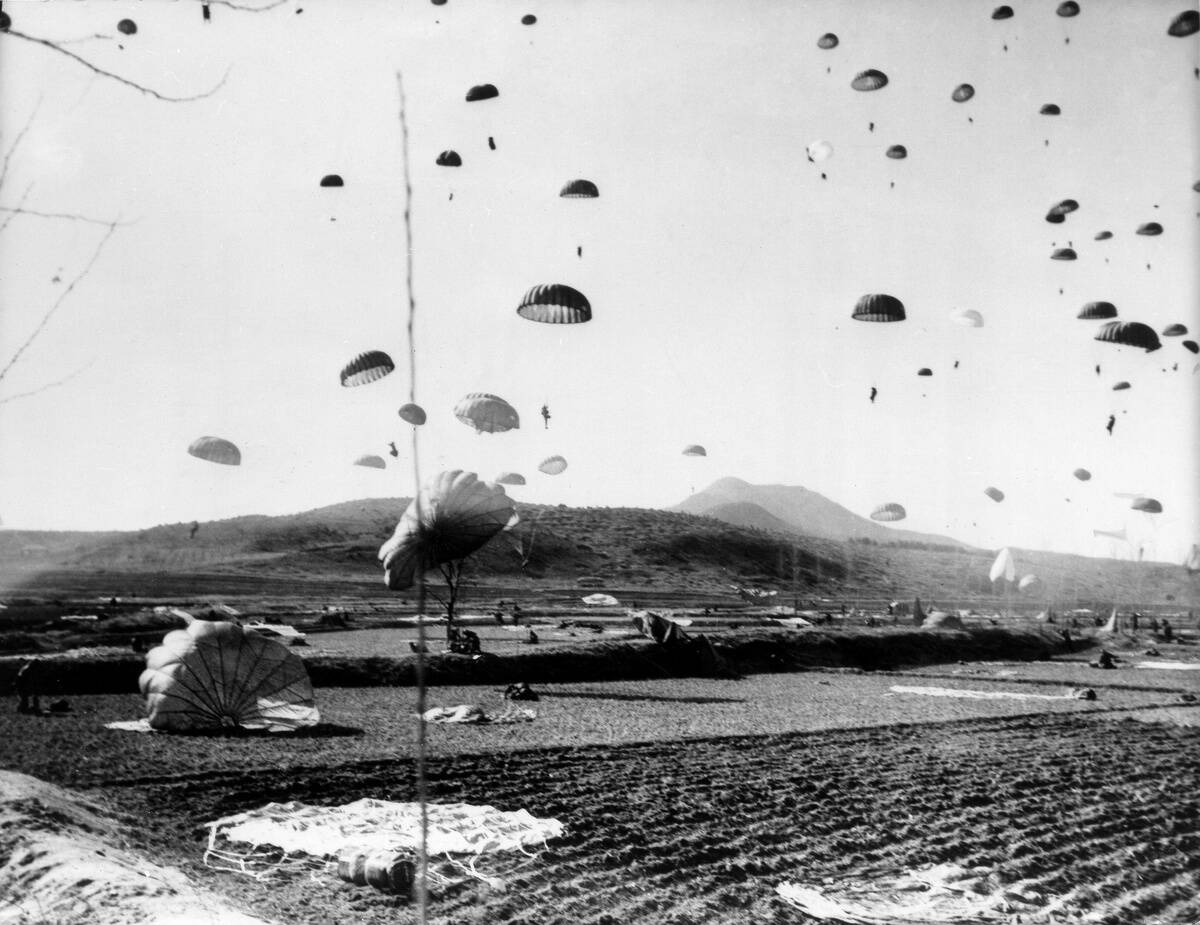
During the Korean War, the Battle of Imjin River in April 1951 showcased remarkable heroism and resilience. British, Belgian, and Luxembourg soldiers held off vastly superior Chinese forces, preventing a breakthrough to Seoul.
Despite ultimately retreating, their stand delayed the Chinese advance, exemplifying how determination and tactical defense can alter the course of a conflict, even when the outcome is not a clear victory.
The Korean War’s Punchbowl Battle: A Ceaseless Struggle

The Battle of the Punchbowl in late 1951 was a grueling encounter during the Korean War. U.N. forces aimed to secure a strategic advantage over North Korean troops, but the rugged terrain and fierce resistance led to a costly stalemate.
The battle highlighted the persistent and punishing nature of the Korean conflict, where gains were measured in yards rather than miles, with no conclusive victor emerging.
The Battle of Chosin Reservoir: A Frozen Standstill
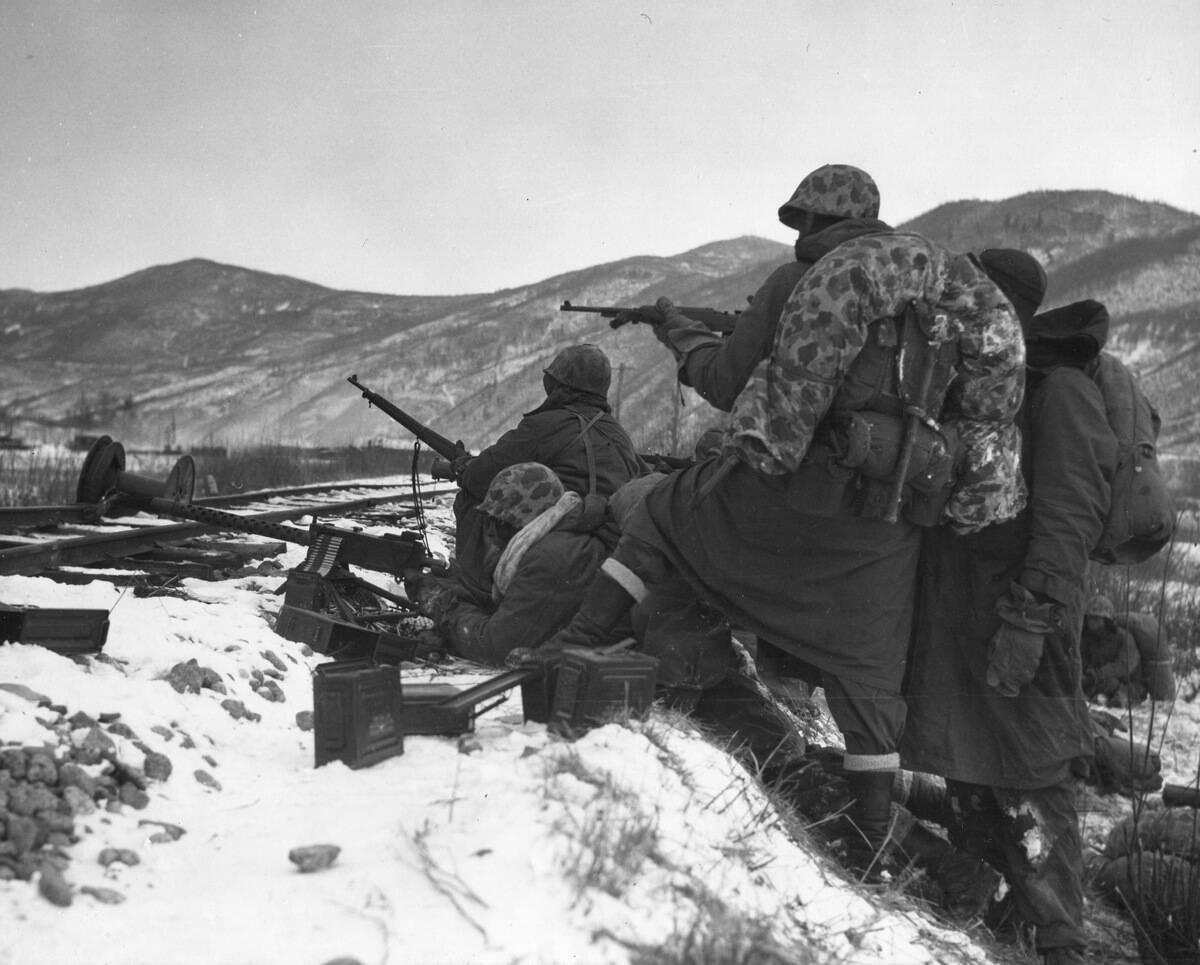
The Battle of Chosin Reservoir in late 1950 remains one of the most harrowing encounters of the Korean War. U.N. forces, surrounded by Chinese troops and facing sub-zero temperatures, executed a fighting withdrawal.
Despite the heavy losses, their ability to escape encirclement preserved the U.N. presence in Korea. This battle underscored the brutal conditions of war and the resilience required to endure them, with no decisive victory claimed by either side.
The Long-Drawn Myths of the Trojan War: Victory or Legend?
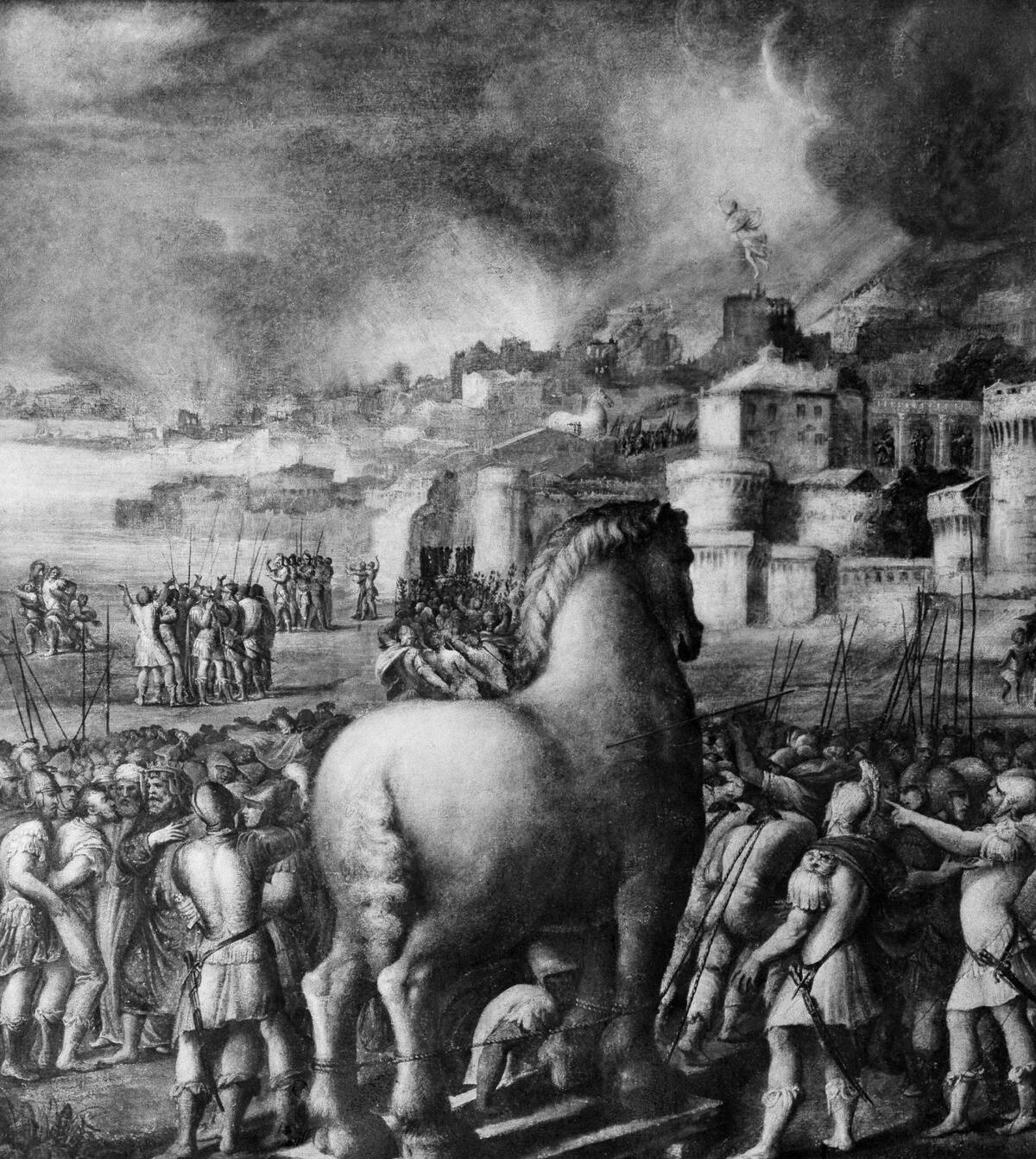
The Trojan War, immortalized in Homer’s ‘Iliad,’ blurs the line between history and mythology. While Troy’s fall is often depicted as a Greek victory, archaeological evidence of its reality remains sparse.
The war’s legendary status raises questions about the nature of victory, suggesting that triumph can reside as much in cultural legacy as in historical fact, making the Trojan War a symbol of enduring human fascination rather than a clear-cut victory.
The Battle of Verdun: Grinding Attrition with No Ground Gained
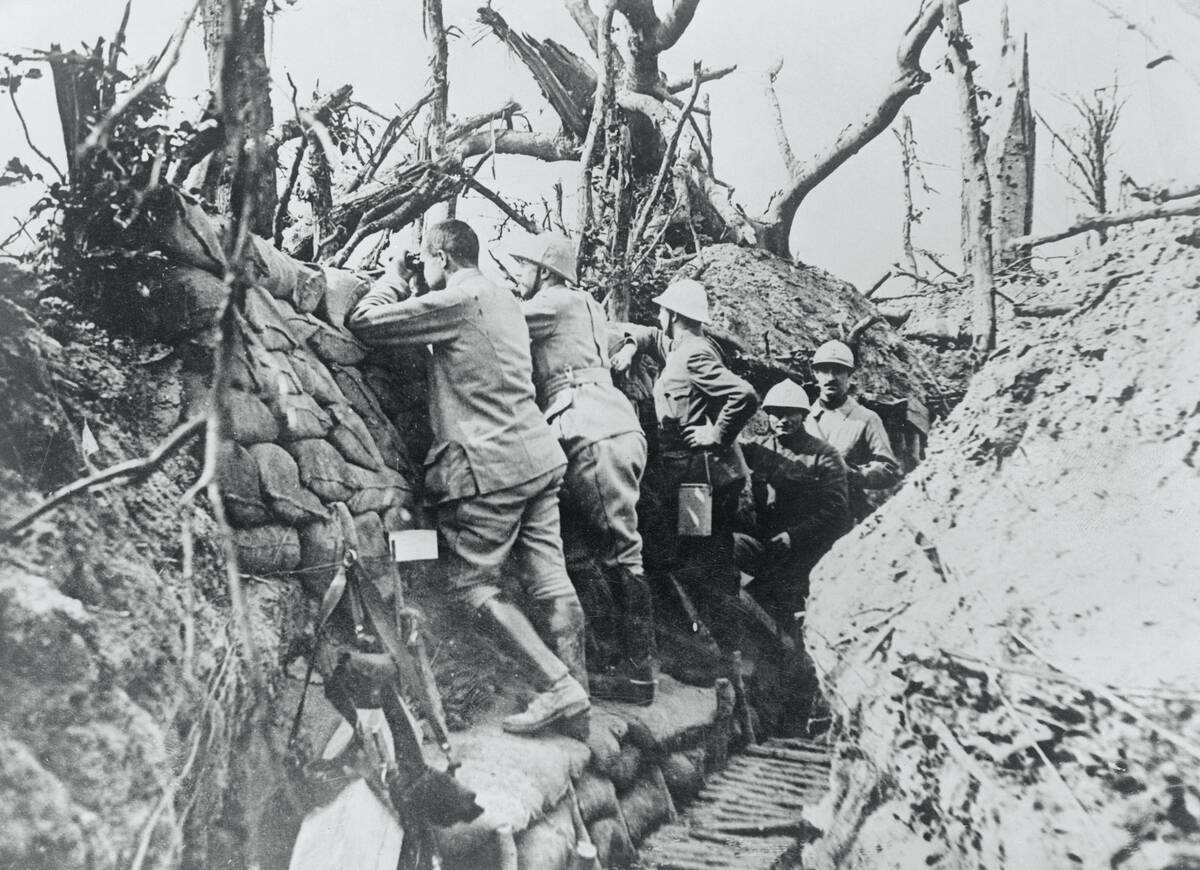
The Battle of Verdun in 1916 was one of World War I’s longest and most grueling battles. Lasting over 300 days, it epitomized the war of attrition with massive casualties on both sides.
The French and German armies fought fiercely, yet territorial changes were negligible despite the event officially being considered a French victory. Verdun became a symbol of national endurance for France, illustrating how battles can become tests of will rather than conventional victories.



